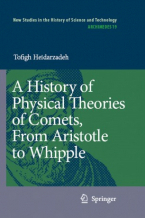
A History of Physical Theories of Comets, From Aristotle to Whipple
The book describes the major physical theories of comets in the past two millennia. It demonstrates the evolution of ideas ...
Continue reading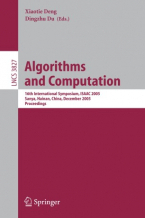
Algorithms and Computation (vol. # 3827)
This book constitutes the refereed proceedings of the 16th International Symposium on Algorithms and Computation, ISAAC 2005, ...
Continue reading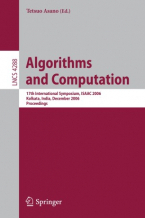
Algorithms and Computation (vol. # 4288)
This book constitutes the refereed proceedings of the 17th International Symposium on Algorithms and Computation, ISAAC 2006, ...
Continue reading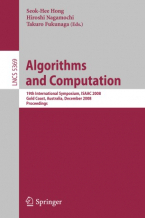
Algorithms and Computation : 19th International Symposium, ISAAC 2008, Gold Coast, Australia, December 15-17, 2008. Proceedings
This book constitutes the refereed proceedings of the 19th International Symposium on Algorithms and Computation, ISAAC 2008, ...
Continue reading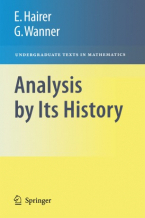
Analysis by Its History
This book presents first-year calculus roughly in the order in which it first was discovered. The first two chapters show ...
Continue reading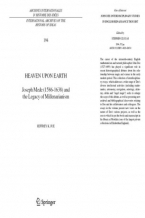
Heaven Upon Earth
THE HISTORY OF BRITISHAPOCALYPTICTHOUGHT The study of early modern Britain between the Reformation of the 1530s and the Wars ...
Continue reading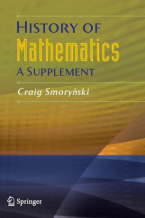
History of Mathematics : A Supplement
This book attempts to fill two gaps which exist in the standard textbooks on the History of Mathematics. One is to provide ...
Continue reading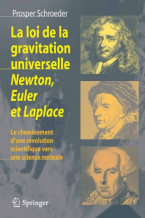
La loi de la gravitation universelle Newton, Euler et Laplace : Le cheminement d’une révolution scientifique vers une science normale = The law of universal gravitation Newton, Euler and Laplace: The progress of a scientific revolution towards a normal science
An analysis of Newton's ideas dismisses this hypothesis by the simple fact that the Principia sought to demonstrate the ...
Continue reading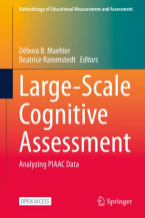
Large-Scale Cognitive Assessment Analyzing PIAAC Data
This methodological book summarises existing analysing techniques using data from PIAAC, a study initiated by the OECD that ...
Continue reading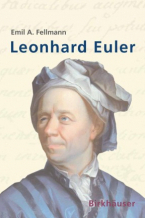
Leonhard Euler
Euler was not only by far the most productive mathematician in the history of mankind, but also one of the greatest scholars ...
Continue reading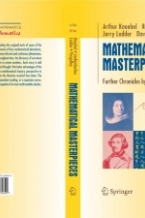
Mathematical Masterpieces
Experience the discovery of mathematics by reading the original work of some of the greatest minds throughout history. Here ...
Continue reading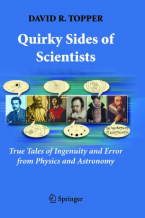
Quirky Sides of Scientists : True Tales of Ingenuity and Error From Physics and Astronomy
This enlightening book clearly demonstrates that the greatest minds throughout history arrived at their famous scientific ...
Continue reading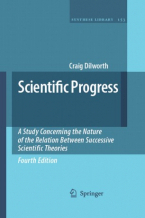
Scientific Progress : A Study Concerning the Nature of the Relation Between Successive Scientific Theories
In this book, Craig Dilworth answers all the questions raised by the incommensurability thesis. Logical empiricism cannot ...
Continue reading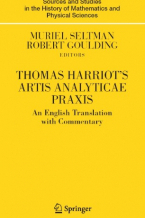
Thomas Harriots Artis Analyticae Praxis
The present work is the first ever English translation of the original text of Thomas Harriot's Artis Analyticae Praxis, ...
Continue reading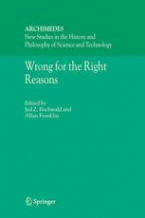
Wrong for the Right Reasons
The rapidity with which knowledge changes makes much of past science obsolete, and often just wrong, from the present's ...
Continue reading